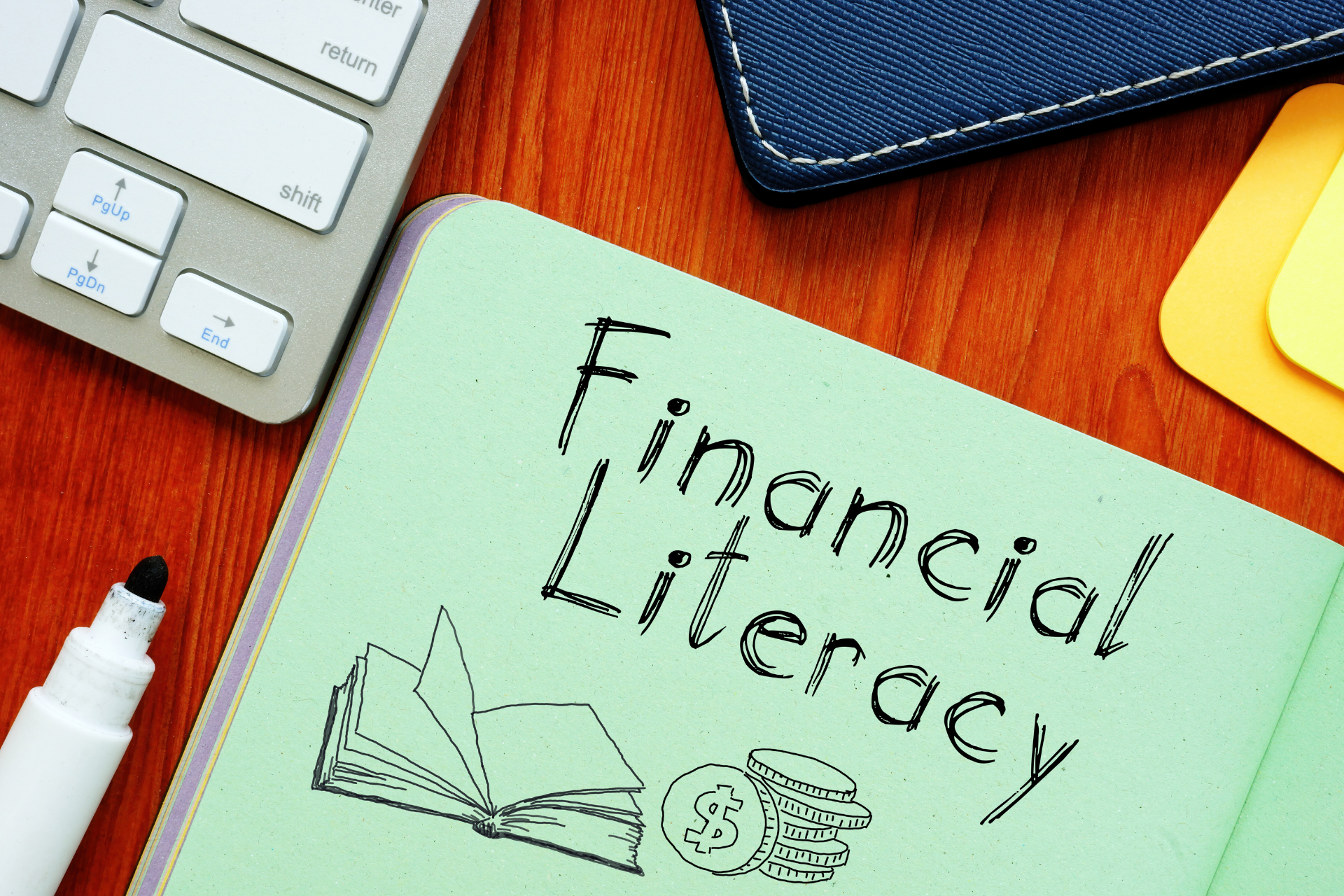The average household with credit card debt had a balance of $7,149 in 2020. For the average household carrying credit card debt as of September 2020, this equates to an annual interest of $1,155. With the average credit card annual percentage rate sitting at 16.43%, it represents an expensive way to fund spending.1
Which leads many individuals to ask, “Does it make sense to borrow from my 401(k) to pay off debt or to make a major purchase?”2
Borrowing from Your 401(k)
- No Credit Check—If you have trouble getting credit, borrowing from a 401(k) requires no credit check; so as long as your 401(k) permits loans, you should be able to borrow.
- More Convenient—Borrowing from your 401(k) usually requires less paperwork and is quicker than the alternative.
- Competitive Interest Rates—While the rate you pay depends upon the terms your 401(k) sets out, the rate is typically lower than the rate you will pay on personal loans or through a credit card. Plus, the interest you pay will be to yourself rather than to a finance company.
Disadvantages of 401(k) Loans
- Opportunity Cost—The money you borrow will not benefit from the potentially higher returns of your 401(k) investments. Additionally, many people who take loans also stop contributing. This means the further loss of potential earnings and any matching contributions.
- Risk of Job Loss—A 401(k) loan not paid is deemed a distribution, subject to income taxes and a 10% penalty tax if you are under age 59½. Should you switch jobs or get laid off, your 401(k) loan becomes immediately due. If you do not have the cash to pay the balance, it will have tax consequences.
- Red Flag Alert—Borrowing from retirement savings to fund current expenditures could be a red flag. It may be a sign of overspending. You may save money by paying off your high-interest credit-card balances, but if these balances get run up again, you may have done yourself more harm.
Most financial experts caution against borrowing from your 401(k), but they also concede that a loan may be a more appropriate alternative to an outright distribution, if the funds are absolutely needed.
Original ID:20999





